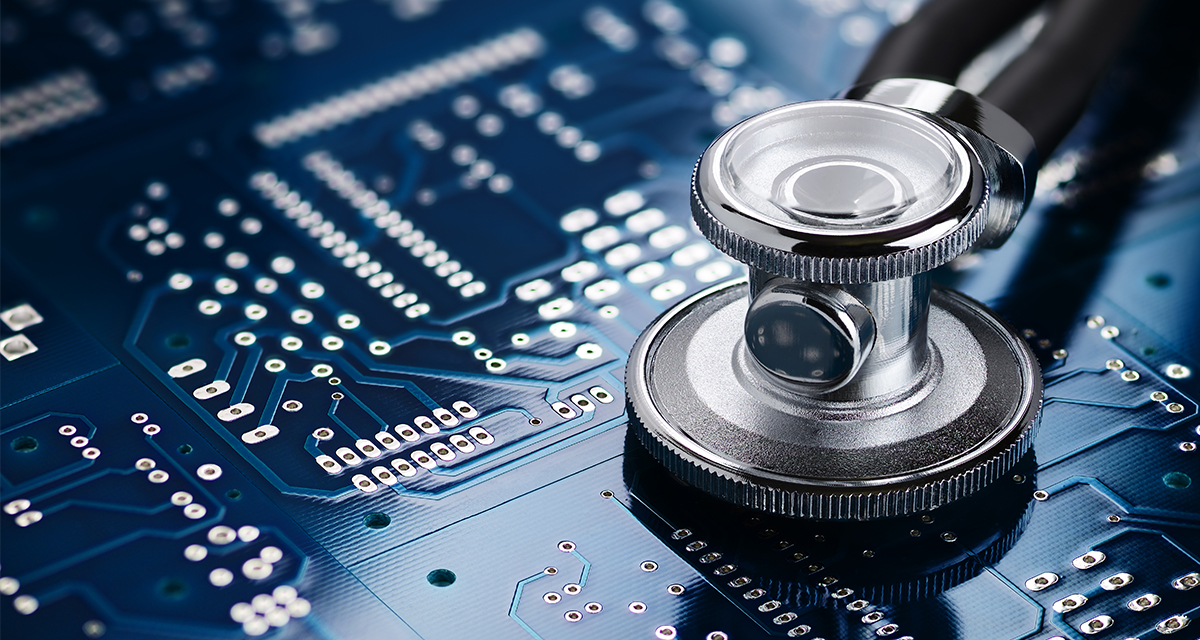Medicine is the next industry where AI will replicate human decision making
Just as the 2008 recession ushered in an era of unbridled innovation in financial tech, the effects of the COVID-19 pandemic are similarly accelerating a radical shift in medicine.
In the last year, as COVID-19 overwhelmed hospitals and physicians struggled to deliver care within traditional medical models, the entire industry was forced to recalibrate to meet unprecedented circumstances.
A window of opportunity opened and digital technologies rushed in.
Among the most promising digital technologies is artificial intelligence (AI) and its ability to replicate physician decision making. This is the concept we embraced at Hygieia when we developed our AI-driven d-Nav® technology more than a decade ago.
The genesis for d-Nav was simple. Use AI as a physician delegate to analyze a user’s blood glucose patterns, then automatically adjust insulin doses as often as needed. We didn’t eliminate the physician: we merely delegated the titration task to our d-Nav software.
In fact, medicine has been delegating physician activities since the middle of the 20th century. As a result, we have a bounty of allied health care professionals doing many of the things doctors once did. When I was a child only physicians drew blood. Now, a phlebotomist easily handles this ordinary procedure.
But AI’s promise is yet to be fulfilled. Right now, most medical applications classify data or process clinical information. Their goal is to make physicians more productive and to connect the data dots for greater personalized care.
These are valuable endeavors that increase physician efficiencies. Our real challenge, though, is scale. Aging baby boomers and the growth of chronic diseases have shifted care from acute events to long-term medical treatment. Demand for care is outpacing our health system’s ability to deliver it and efficiencies alone will not get us there.
Therefore, we must look to artificial intelligence to provide the infinite scalability we need to address our most pressing health delivery problems.
That is, we must leverage AI to automate some simpler physician tasks, so physicians can spend time with patients on the more complicated aspects of medicine that require their education, judgment and skill.
“The one approach that has proven to be effective is using specially trained nurses or pharmacists, under appropriate supervision, with authority to make medication changes without consulting the physician as long as the changes fell within approved treatment algorithms,” wrote Mayer Davidson, M.D., about insulin treatment in this 2009 Diabetes Care article. Davidson is a professor of medicine at UCLA and renowned speaker on type 2 diabetes.
Now we must take the next step forward as even nurses and pharmacists are difficult to scale. Which brings us back to d-Nav and Hygieia’s role in building the way forward for AI as an automated, artificial physician.
d-Nav is the first, and to date the only, medical technology cleared by the FDA to change a prescription of a medication. This clearance opens the way for increased med-tech AI innovation.
What’s more, d-Nav performs consistently and without the potential for human error. Hygieia patients report dramatic improvements in their blood sugar levels in just 90 days. Importantly, these improvements are maintained over many years among patients who regularly experienced unstable glucose levels before starting the d-Nav program.
Sadly, these patients think their condition is beyond help. However, with the guidance of d-Nav, we get nearly everyone back on track to success.
In the months ahead as we process yet another new normal, AI med-tech innovations will seem like the natural next step in our health care evolution. Just as the phlebotomist replaced the doctor, AI will enable ever increasing amounts of clinical activities to be performed via software, mobile app or machine.
This is the future of health care and Hygieia will continue being at the forefront.


